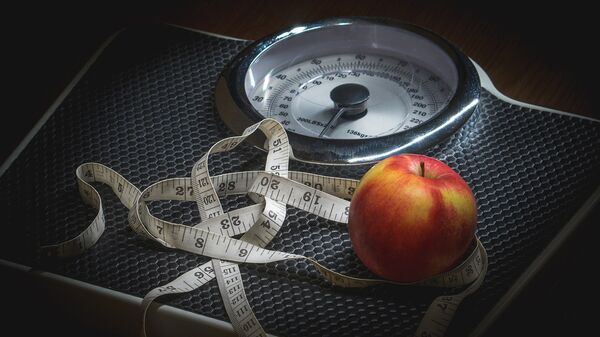According to a recent study by University of California Davis School of Veterinary Medicine, experiments conducted on mice have shown that a high-fat, low-carbohydrate diet can alleviate memory loss, increase lifespan and generally improve physical strength.
"The results surprised me a little," Jon Ramsey, senior author of the paper, told Cell Metabolism. "We expected some differences, but I was impressed by the magnitude we observed — a 13 percent increase in median life span for the mice on a high-fat versus high-carb diet. In humans, that would be seven to 10 years. But equally important, those mice retained quality of health in later life."
As one might expect, the test mice very quickly became obese; this prompted the scientists to start calculating calories more thoroughly. Then, the results improved.
"This study demonstrates that energy-controlled, high-fat LCDs are not detrimental to health, but rather a [Ketogenic Diet] extends lifespan and slows age-related decline in physiological function in mice," the study authors concluded.
The ketogenic diet, a new diet that has made headlines for the last year or so, is what the scientists' more recent experiments wound up becoming. The ketogenic diet is basically an extreme version of low-carb, high-fat diet: on it, your carb intake must not exceed an equivalent of a single apple per day. Instead, carbohydrates are replaced with fat.
Another challenge of the "keto diet" is that it contains few vitamins or other vital nutrients, making dietary supplements necessary. Our bodies can't run on fat alone, nutritionists warn.
Another setback is lack of prebiotics, which are basically food for our intestinal bacteria. Without prebiotics, the good bacteria dies, gives way to their more harmful pathogenic counterparts, turning our intestinal tracts into a poorly-tuned mess, according to Australian nutritionist Lee Holmes.
According to Lee, it's never a good idea to "demonise" a food group. "Carbohydrates are not the enemy and everything, including carbohydrates, should be eaten and enjoyed in moderation," she said, according to the Daily Mail.
"If you're a ketogenic fan and love how you're feeling and the results you're seeing — that's great! Just remember to support your body with the right fuel it needs," she said.



